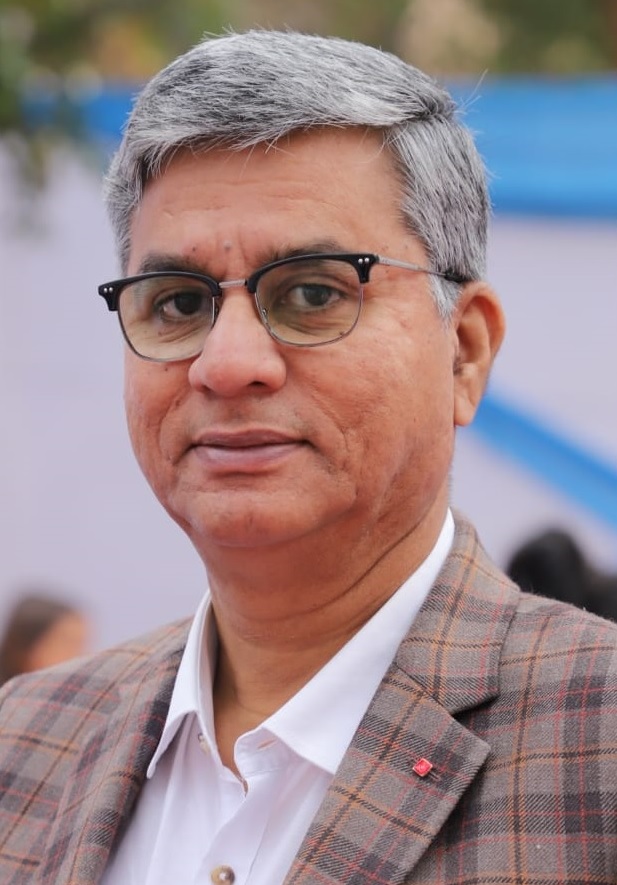
Suddhasatwa Basu
| Grant Category: | Fulbright-Kalam Academic and Professional Excellence Fellowships (Research) |
| Project Title: | Co-production of hydrogen and furan dicarboxylic acid (FDCA) from biomass derived 5-hydroxymethyl furfural (HMF) using an electrolyzer |
| Field of Study: | Climate |
| Home Institution: | Indian Institute of Technology (IIT) Delhi, New Delhi, Delhi |
| Host Institution: | Washington University , St. Louis, MO |
| Grant Start Month: | January 2026 |
| Duration of Grant: | Six and a half months |
Brief Bio:
Prof. Suddhasatwa Basu completed PhD in Chemical Engineering from Indian Institute of Science, Bangalore. He is Federation of Indian Petroleum Industry (FIPI) Chair Professor on Clean Energy at IIT Delhi. He was the Director of CSIR-Institute of Minerals & Materials Technology, Bhubaneswar and the Director of Central Institute of Mining & Fuel Research, Dhanbad. He has vast work experience on development of materials for energy conversion and storage devices – green H2 generation & fuel cell technologies and Na/Zn ion battery, electro-synthesis, and waste-to-wealth technologies for a circular economy. He has published more than 280 articles in high-impact journals with H-index 53, applied for 16 patents of which 10 were granted and transferred to technologies. He is a Fellow of National Academy of Science of India, Indian National Academy of Engineering, Royal Society of Chemistry UK. He has received many awards. He has been editor, associate editor and editorial board member of several international journals.
During the fellowship at Washington University in St Louis, Prof Basu is working on development of technology for conversion of biomass/stubble-derived chemicals to hydrogen and furan dicarboxylic acid (FDCA) using an electrolyzer. The simultaneous production of FDCA alongside hydrogen in an electrolyzer will not only help to establish hydrogen economy but disrupt the polymer industry by producing monomers of bioplastics. The electrolyzer stack development envisaged will be operated under ambient conditions, making it environment-friendly and less energy-intensive by utilizing electrical power from solar photovoltaic resources.